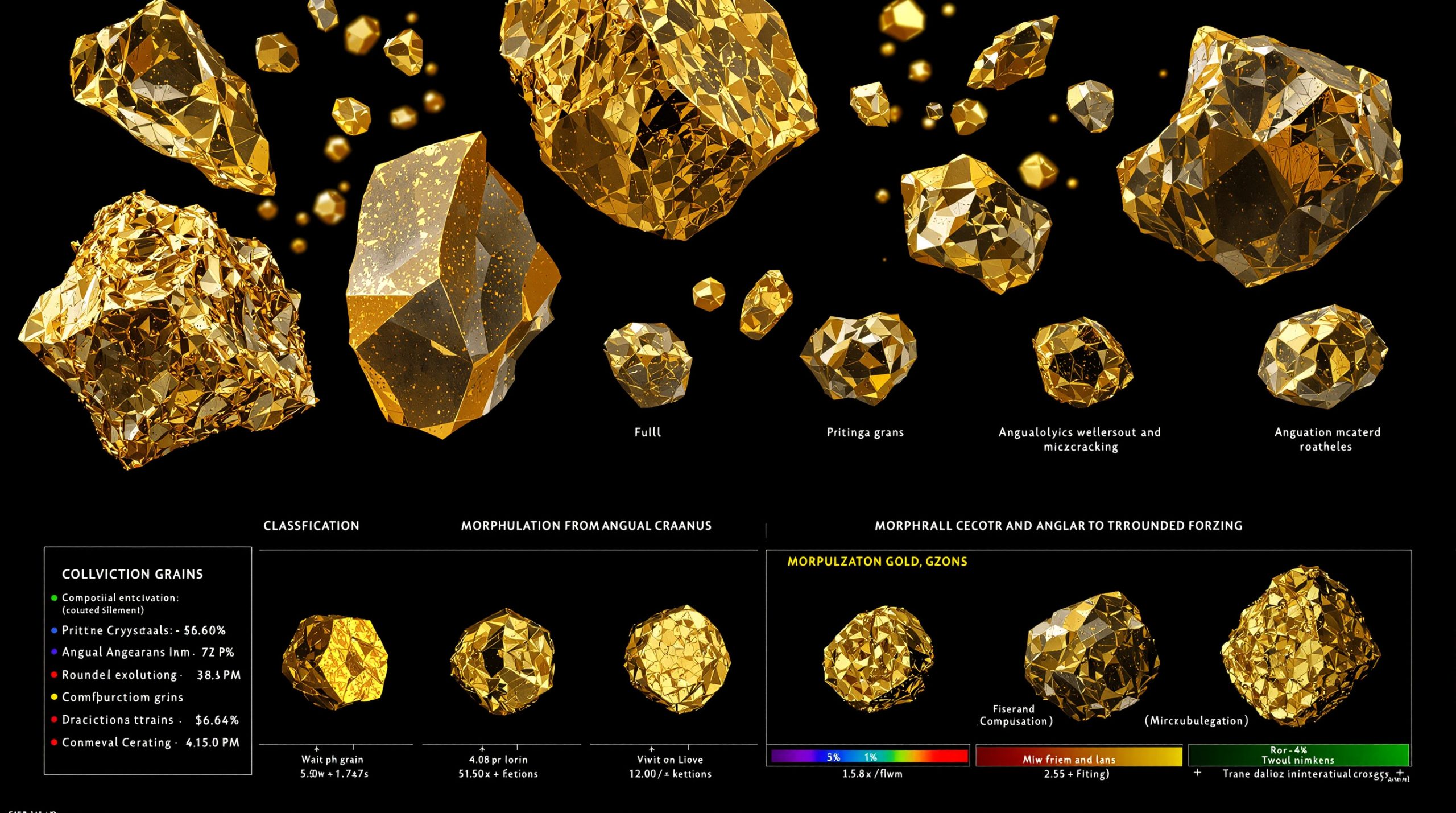How Did Shell Obtain Approval for Offshore Oil and Gas Exploration Near South Africa?
Shell obtains permission to drill for oil and gas offshore South Africa marks a watershed moment in the nation’s energy evolution. The recent approval signifies a turning point, especially as industry experts note the favourable environment for exploration. Shell obtains permission to drill for oil and gas offshore South Africa after a rigorous evaluation by the DMRE.
Shell’s approval came on 11 July 2025, following a comprehensive submission that included detailed exploration plans, environmental impact assessments, and extensive stakeholder consultations. Furthermore, the approach taken by Shell is a prime example of robust planning in regulated sectors. Shell obtains permission to drill for oil and gas offshore South Africa while adhering strictly to local guidelines.
Overview of Shell’s Recent Offshore Exploration Approval
Shell’s approval is distinguished by multiple factors. For instance, the company has promised to use cutting-edge technologies and exceed the minimum regulatory requirements. In addition, regulatory authorities acknowledged that Shell’s methodical planning surpassed that of previous bids. Moreover, internal steps such as engaging with coastal communities and the adoption of advanced drilling innovations advanced drilling innovations were vital.
Shell’s public transparency strategy includes the regular release of environmental monitoring data and operational updates. Consequently, stakeholders are continuously informed about progress. In one instance, authorities commented on the impressive stakeholder consultation process, including over 30 public forums, which reflects a robust permitting process insights permitting process insights.
Where Exactly Will Shell Begin Drilling Operations?
Shell’s approved operations will target the Orange Basin blocks 3B/4B, approximately 200 kilometres offshore from the Northern Cape coastal communities. This distance helps mitigate immediate ecological impacts while keeping within South Africa’s exclusive economic zone. For instance, a recent reuters report confirmed the operational location as strategically chosen.
The drilling phase is bolstered by prior seismic surveys already completed. Furthermore, the geological structures are similar to those seen in Shell’s successful ventures in neighbouring Namibia. In addition, the significant hydrocarbon discoveries in related regions underline the potential for enormous output.
Geological Prospects and Expected Reserves
Preliminary assessments indicate that the Orange Basin holds pre-salt formations containing between 1 and 2 billion barrels of oil equivalent. These formations, dating back to the era of Gondwana, illustrate the region’s potential. Furthermore, target reservoirs lie between 3,000 and 4,500 metres below the seabed.
Water depths in the area range from 1,500 to 3,000 metres, necessitating robust deepwater technologies. Analysts have also integrated oil price trends oil price trends into their risk assessments, noting that resilient market conditions further validate investment in this project.
What Process Did Shell Undergo to Receive Regulatory Approval?
Obtaining regulatory approval is a multifaceted process designed to balance economic growth with environmental protection. Initially, Shell submitted a detailed scoping report that defined the scope and potential impacts of the proposed exploration activities. In addition, the report laid the groundwork for subsequent Environmental Impact Assessments (EIA).
Subsequently, Shell conducted a comprehensive EIA, which included rigorous scientific studies of marine ecosystems and socio-economic analyses. Moreover, the company held numerous stakeholder consultations. Of note, its dedication to community engagement contrasts sharply with previous unsuccessful bids and aligns with exploration approvals abroad exploration approvals abroad.
Key regulatory steps included:
• Initial formal application submission
• Scoping report detailing potential impacts
• Detailed EIA with public and expert consultations
• Final submission with documented mitigation measures
The iterative review by regulatory bodies ensured full compliance with local guidelines and safety protocols.
Shell’s Offshore Drilling Methodology Explained
Shell plans to use 6th-generation drillships fitted with advanced blowout preventers capable of withstanding 15,000 PSI. These vessels incorporate multiple safety systems including real-time monitoring. Furthermore, the integration of advanced drilling innovations advanced drilling innovations technology enhances operational safety.
Exploration will span 3-5 years, with initial wells confirming reservoir presence before advancing to detailed appraisal phases. In addition, continuous monitoring is central to Shell’s strategy, reducing spill risks by nearly 90% compared to systems used a decade ago. A recent industry update further highlights these technological advances.
Technologies and Equipment in Use
Shell’s exploration programme utilises a range of cutting-edge technologies:
• Advanced Seismic Imaging – 4D seismic technology for detailed subsurface views
• Directional Drilling Systems – Precise wellbore steering systems
• Remote Operated Vehicles (ROVs) – For underwater inspections and maintenance
• Double-Walled Pipelines – To enhance leak protection
• Subsea Shutoff Valves – For rapid isolation during emergencies
Additionally, AI-driven monitoring continuously analyses operational data, ensuring that any potential issues are promptly detected and addressed.
Economic Significance: How Will This Offshore Project Benefit South Africa?
The project’s implications for South Africa's economy extend well beyond energy production. Projections from the National Treasury (2025) estimate approximately 500 direct jobs and more than 1,500 indirect roles during the exploration phase. In addition, the development aligns with broader south africa economic opportunities south africa economic opportunities that stimulate local industries.
Revenue forecasts suggest that if the project reaches production, annual government revenues could range between $200 million and $500 million. Furthermore, successful development could reduce the country’s reliance on imported energy, bolstering economic stability.
Economic benefits are expected at multiple levels:
• Local: Coastal communities may see growth in hospitality and retail sectors.
• Regional: Infrastructure projects and supply chain developments will foster broader economic activity.
• National: Increased energy security and revenue generation could alleviate fiscal pressures.
Addressing Environmental and Social Concerns: What Safety and Mitigation Strategies Are in Place?
Environmental protection is an integral component of Shell’s operational strategy. According to their Environmental Impact Assessment (2025), the chance of a major spill is less than 0.1%, thanks to the multiple layers of preventative measures. Furthermore, Shell has established 50-kilometre exclusion zones to protect critical fisheries and marine habitats.
The following environmental risks have been carefully addressed:
• Oil Spills – Mitigated by advanced containment systems
• Drilling Fluids – Managed to prevent marine chemical contamination
• Noise Pollution – Reduced through controlled seismic operations
• Seafloor Disturbance – Minimised by strategic drilling techniques
• Air Emissions – Addressed with stringent controls and monitoring systems
Furthermore, independent environmental observers and community liaison officers ensure that all protocols are maintained, thereby reinforcing transparency and accountability.
How Does Shell’s South Africa Initiative Align with Global Energy Market Dynamics?
Global energy markets are evolving rapidly. With Brent crude trading at $69.75 per barrel on 11 July 2025, market conditions are conducive to new offshore projects while demand remains robust. Analysts suggest that South Africa’s domestic production can help reduce import reliance and shield the economy from international market volatility.
Energy analysts highlight that the project could supply roughly 5% of Africa’s total oil output by 2030. Consequently, the nation may transition from an energy importer to a significant regional producer. Furthermore, diversification offers substantial strategic benefits and mitigates the risk of future supply disruptions.
International trends underscore the ongoing benefits of such provisions, with market data revealing a consistent upward trajectory in oil prices. This context further endorses the continued development of domestic resources as a viable long-term strategy.
Case Study: International Impact of Offshore Exploration
Globally, offshore projects like those in Norway serve as models for sustainable resource management. Norway’s strict environmental standards and transparent revenue practices have resulted in a sovereign wealth fund valued at approximately $1.4 trillion. In addition, Norway’s balanced approach—combining environmental stewardship with economic growth—provides an instructive blueprint for South Africa.
Experts note that robust local content requirements play a critical role. For example, South Africa mandates that 60% of suppliers be domestic, similar to models successfully applied in Brazil. Furthermore, previous projects, such as Sasol’s Mossel Bay GTL plant, have already demonstrated the multiplier effect in local economies.
In summary, while offshore drilling projects entail inherent risks, the incorporation of state-of-the-art technologies, rigorous environmental protocols, and broad stakeholder engagement ensures that such developments can be both economically transformative and environmentally responsible.
Want to Be First to Capitalise on Major ASX Resource Discoveries?
Discovery Alert's proprietary Discovery IQ model delivers real-time notifications on significant ASX mineral discoveries, instantly transforming complex data into actionable investment opportunities before the wider market reacts. Explore our dedicated discoveries page to see how early identification of major mineral discoveries has historically generated substantial returns for investors.




